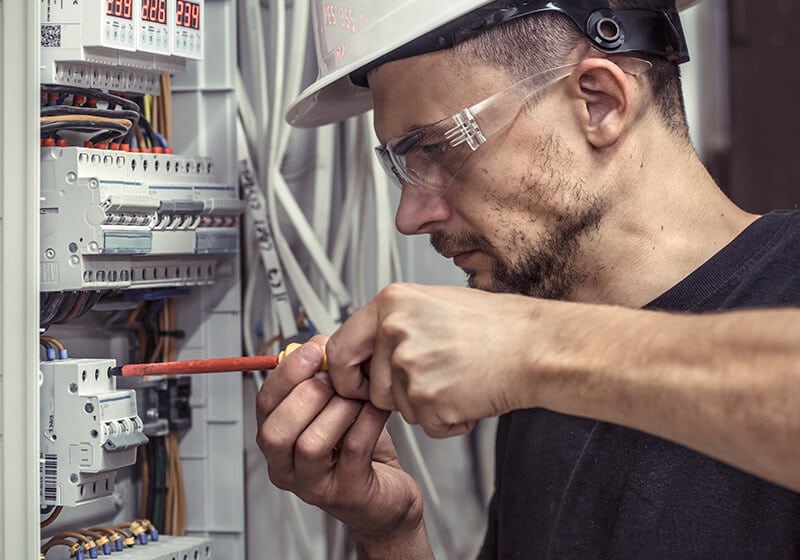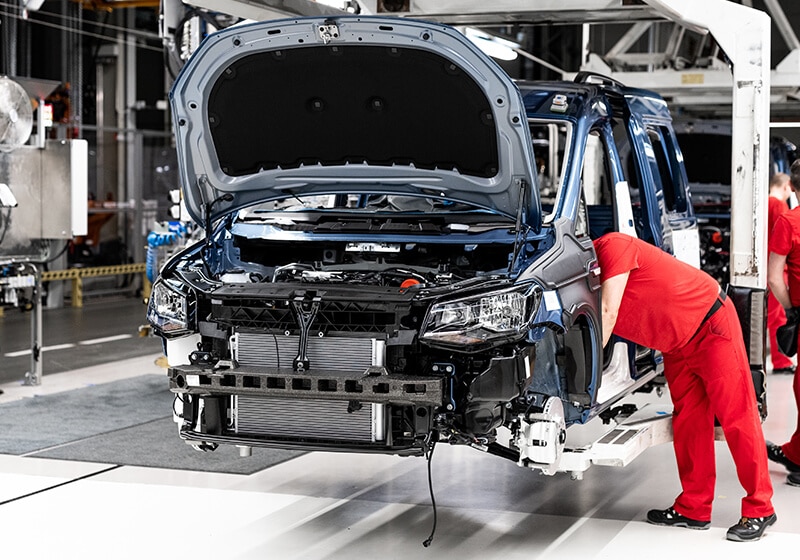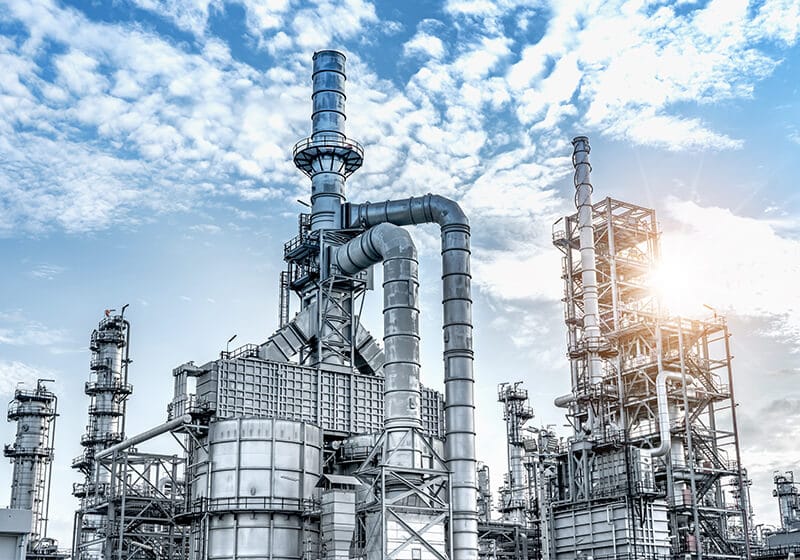
The defence industry is one of the largest employers in the UK and makes a significant contribution to the country’s overall GDP. Employing more than 300,000 staff and generating an annual turnover in excess of £350 billion, the industry demands fast turnarounds and high quality results from its contractors. This is just as true in its electroplated components as it is for anything else. With British defence equipment being put to use all over the world, it’s essential that all plating solutions can meet the rigours of any given environment.
Electroplating in the defence sector

The defence industry incorporates a number of other sectors – including medical, aerospace, automotive, and electrical – as well as ones unique to itself like the manufacture of weapon, armour, and ammunition. With so many individual hammers in the fire, it’s important to provide plating solutions that can be tailored to any eventuality. This is something that we pride ourselves on, here at Karas Plating.
Why is electroplating so essential to the defence industry? Here are some of the key reasons:

Corrosion resistance

Military equipment is often deployed in the harshest of environments and, as such, is prone to rusting and corrosion. To alleviate this, we can apply number of techniques. For smaller components, we may plate the parts with a zinc-nickel alloy for improved corrosion-resistance. For larger parts, such as vehicle and ordnance, anodising might be a more effective solution. This process not only imparts a corrosion-proof finish to the material, it also improves its durability.
Adhesion

Another benefit of the anodising process is that the protective film it creates on the base material is uniform across the whole surface. It also offers adhesive properties for the application of glue and paint primers. This is ideal for the defence industry where vehicles and equipment often need paintwork that can be depended upon not to chip or flake in inhospitable environments. High quality anodised surfaces provide the perfect foundation for that.
An alternative solution, specifically for aluminium surfaces, is Iridite. This passivation technique applies a highly corrosion-resistant coating to the surface that can withstand high temperatures and is also ROHS-compliant coating that makes for a great pre-treatment for paintwork.
Heat resistance

Both military vehicles and weaponry are prone to overheating as they are often put through their paces far more than their civilian counterparts. Being able to rely upon the components of your vehicle or your weapon at the crucial moment is why the right electroplating techniques are absolutely vital. Traditionally, cadmium plating was the preferred method as it offered superb heat resistance in even the most trying circumstances. This process has fallen out of favour, owing to its toxicity.
At Karas Plating, we offer an alloy of zinc and nickel as an effective solution to our defence clients. It provides the same heat-resistance and durability as cadmium plating, without the environmental damage. What’s more, adjusting the ratio of the metals in the alloy enables us to tailor the process to meet the specific needs of your application.
Other sectors we cover


When using metal plating techniques in the electrical and electronic sectors, the two key concerns are precision and conductivity. Often you have to risk one in order to benefit from the other. This is where our expertise comes in, balancing the pros and cons of each metal, in order to deliver electronic components that work the way you need them to.

The automotive industry uses plated components to make their vehicles more efficient at every stage of their manufacture. From gold-plated micro-components in the ECU, to nickel-plated, corrosion-resistant parts, all the way to metal-plated plastic parts to create lightweight bodywork.

The petrochemical industry produces essential items that we use everyday, from plastics, petroleum, and detergents to lubricants, asphalt, propane, and more. Raw materials are subjected to extreme heat and pressure throughout the refining process, so the machinery used to do so requires durable and reliable plating to get the job done.





